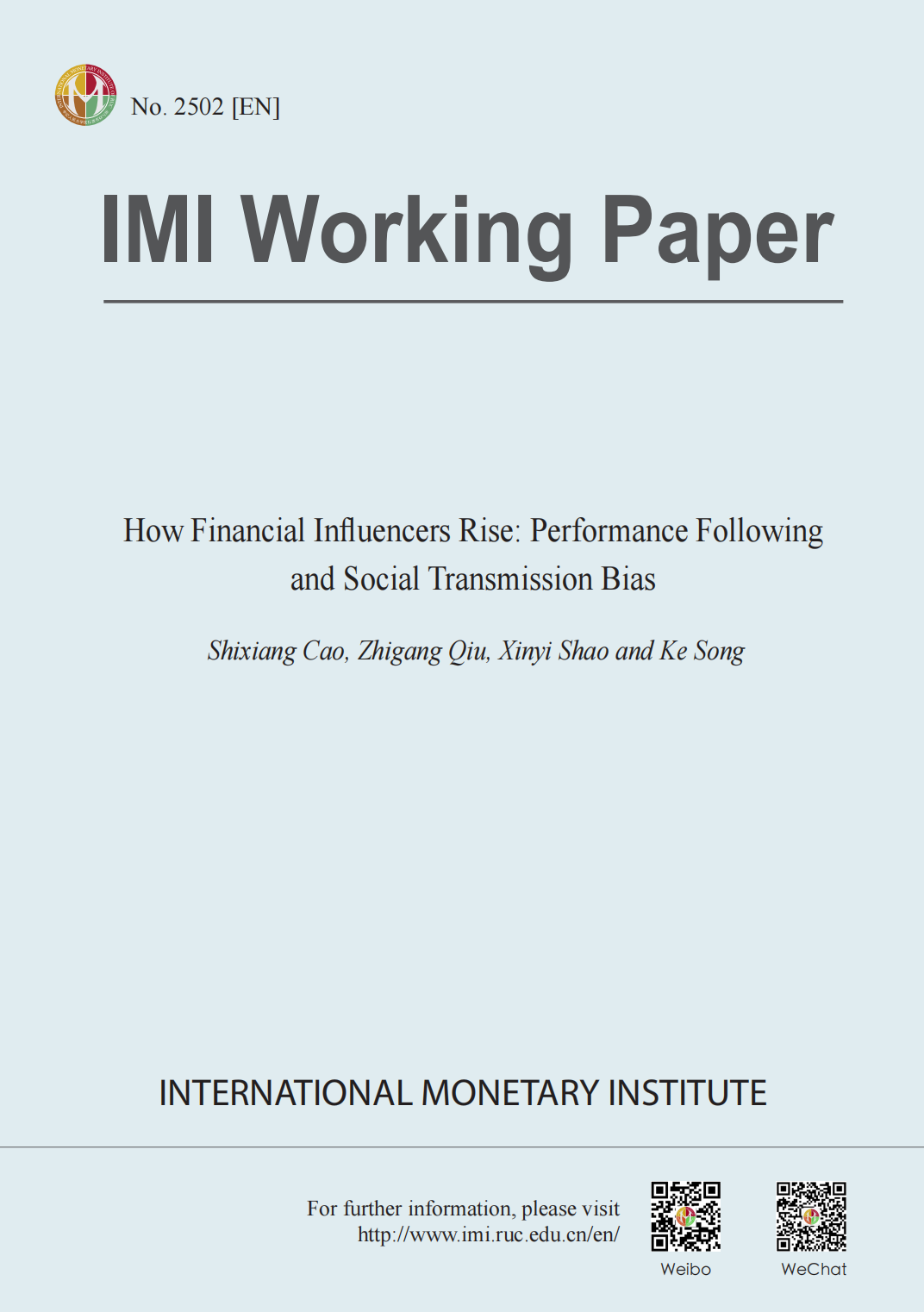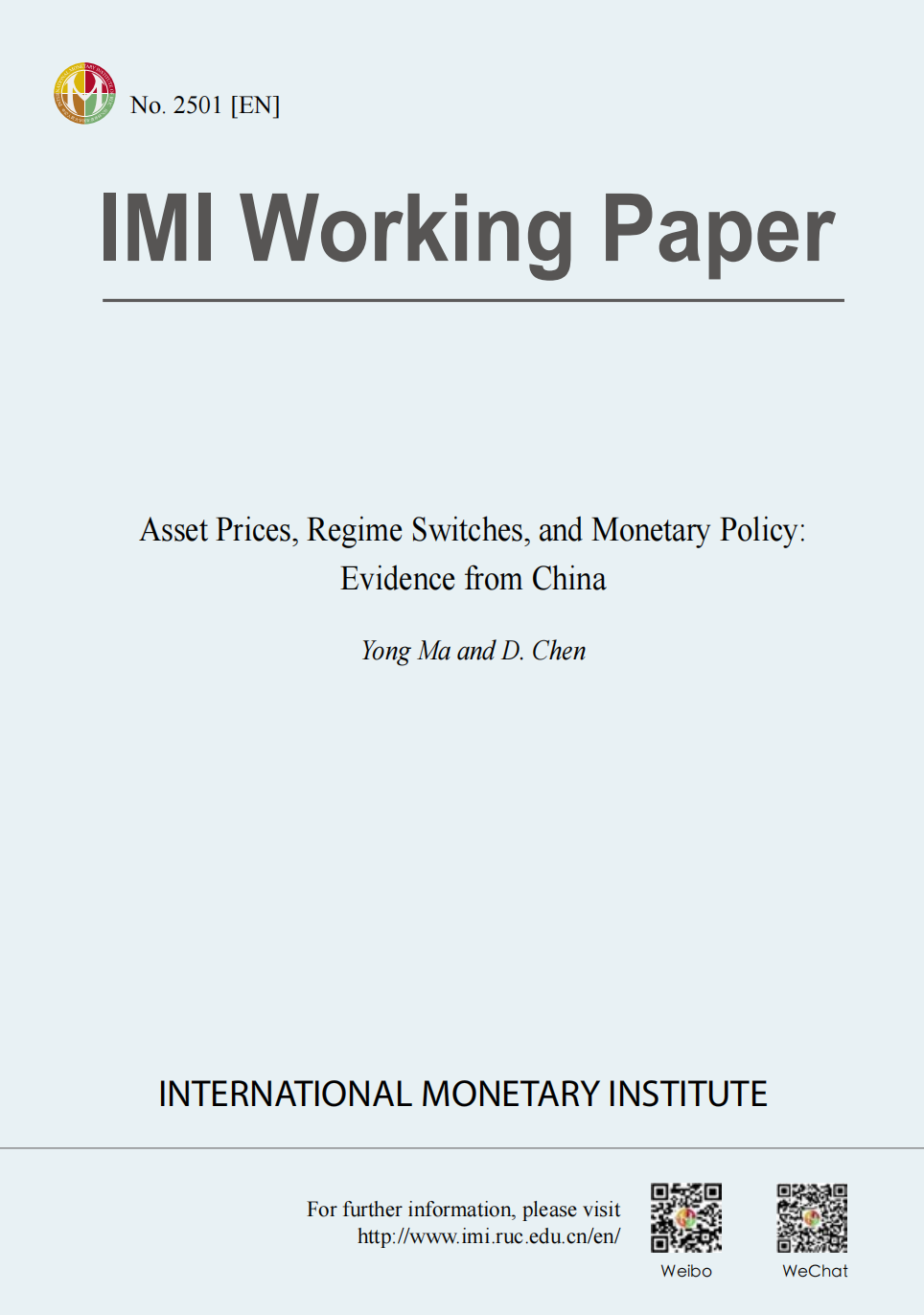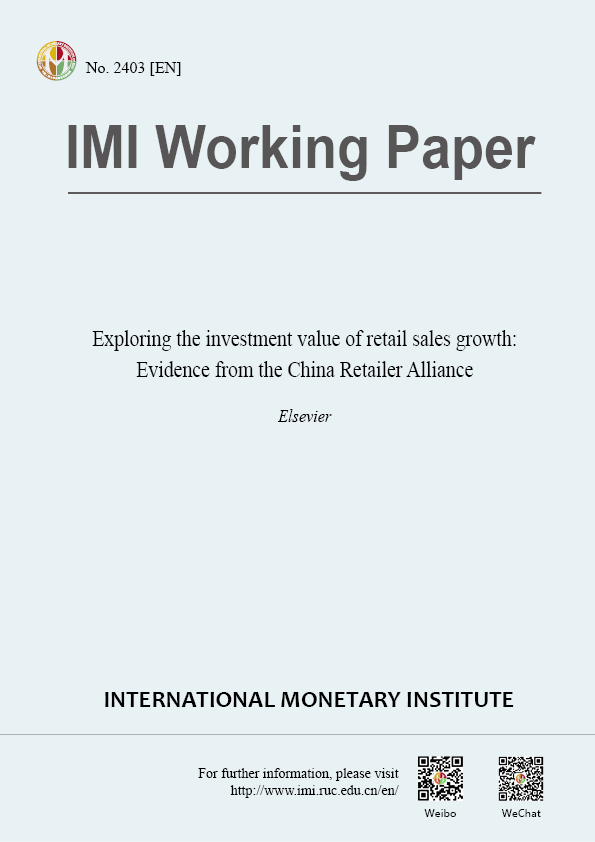【IMI Working Paper No. 2214 [EN]】Does Lending Relationship Help or Alleviate the Transmission of Liquidity Shocks? Evidence from a Liquidity Crunch in China
2022-08-31 IMI【Abstract】
We examine China’s June 2013 liquidity crunch as a negative shock to banks and analyze the wealth effects on exchange-listed firms. Our findings suggest that liquidity shocks to financial institutions negatively impact borrower performance, particularly borrowers reporting outstanding loans at the end of 2012. Stock valuations of firms with long-term bank relationships, however, outperform the market and experience smaller subsequent declines in investment than peers lacking solid banking relationships. This effect is the strongest for firms that enjoy good relations with China’s large state-owned banks or foreign banks, and weakest for firms whose connections are solely with local banks. We document a positive correlation between the stock performances of firms and the stock performances of lender banks and the likelihood of lender banks operating as net lenders in the interbank market. These results suggest that banks transmit liquidity shocks to their borrowing firms and that a long-term bank-firm relationship may mitigate the negative effects of a liquidity shock.
【Keywords】
lending relationship, interbank liquidity crunch, local banks
【Authors】
Bai Yiyi, Zhongnan University of Economics and Law
Tri Vi Dang, Columbia University
He Qing, Senior Research Fellow of IMI, School of Finance, Renmin University of China
Lu Liping, Research Fellow of IMI, School of Finance, Renmin University of China






